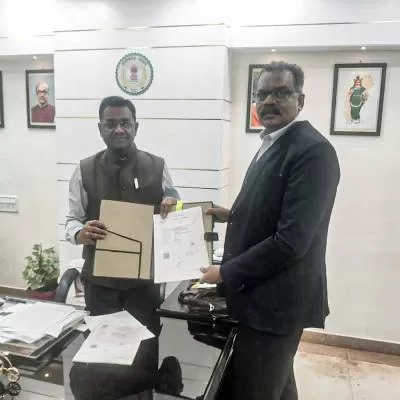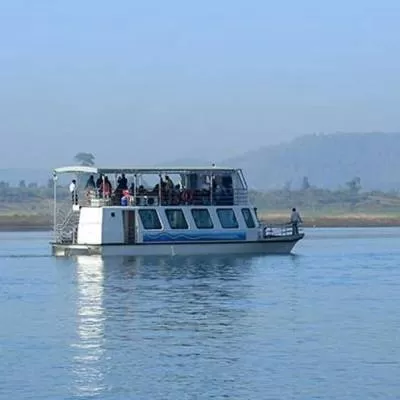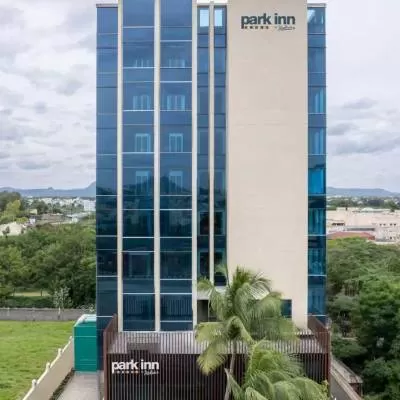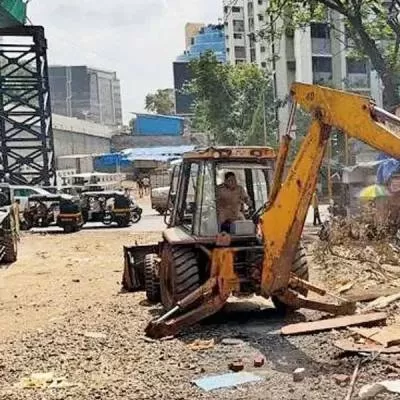Schedule a Call Back
Gujarat Covers Over 76% Population Under Jal Jeevan Mission
 The state of Gujarat has successfully provided 850,871 Functional Households Tap Connections (FHTC) under the Central Government?s ambitious Jal Jeevan Mission, a Ministry of Jal Shakti release has said.
The state of Gujarat has successfully provided 850,871 Functional Households Tap Connections (FHTC) under the Central Government?s ambitious Jal Jeevan Mission, a Ministry of Jal Shakti release has said.
This was 76.29 per cent of the given target under the Jal Jeevan Mission scheme that was launched by Prime Minister Narendra Modi in 2019 to make 55 litres of potable water available per person per day through tap water connections to 180 million village households by 2024.
The western state has plans to provide 100 per cent tap connections by the year 2022-23. The state has 9,302,583 households with 35,996 habitations, 18,191 villages, 13,931-gram panchayats, 247 blocks and 33 districts.
The state presented the mid-term review of the scheme to officials of the Jal Jeevan Mission on Thursday. The review largely reflected the good progress made by the state and expediting the corresponding financial expenditure.
According to the Jal Shakti Ministry, Gujarat may be a role model for a utility-based approach for the Village Water and Sanitation Committees (VWSCs). The state may also expedite the internet of things (IoT) and sensor-based pilots under the programme. The ministry also requested state government officials to ensure that all the anganwadi centres and schools are provided piped water supply as part of the special 100-day campaign-launched pan-India on October 2 to facilitate the availability of potable water in these institutions.
The review shared by Gujarat highlighted the optimum utilisation of ?low-hanging fruits? to yield the desired results. Among 7,843 villages falling under the quality & quantity (Q&Q) blocks or blocks with no water quality issues, 5,328 villages can be immediately considered for providing water supply schemes in the above categories as the water is available in adequate quantity. The schemes of retrofitting of 5,328 villages require sanction and can be completed this year.
With the majority of the state?s terrain arid, desert and drought-prone areas are the main focus of the state government. Similarly, aspirational districts, Sansad Adarsh Gram Yojana (SAGY) and areas inhabited by scheduled caste and tribes (SC&STs) are to be given special importance in the plan. To achieve all of it and more, the Central Government has allocated Rs 8.83 billion to the state while the 15th Finance Commission has allocated Rs 31.95 billion. Furthermore, the state has to efficiently exhaust other funds made available under the Mahatma Gandhi National Rural Employment Guarantee Act, (MGNREGA), 2005, and Swachh Bharat Abhiyan-Gramin programmes for 2020-21.
The state has also taken several initiatives to enhance drinking water security. It has passed the Water Supply (Protection) Act, 2019, to deter the wastage of water. The state has taken pilot for the solar thermal distillation plant for coastal villages with a capacity of 50 KLD to 200 KLD in partnership with the Bhaba Atomic Research Centre (BARC). The steps have been taken for improvements in the operation & maintenance (O&M) of the water supply schemes through biometric attendance, reporting of Q&Q daily, curative and preventive maintenance and raking of dynamic contractors ranking tied to the eligibility for future funding.


Subscribe Now
Subscribe to our Newsletter & Stay updated
RECENT POSTS
Popular Tags
Folliow us











